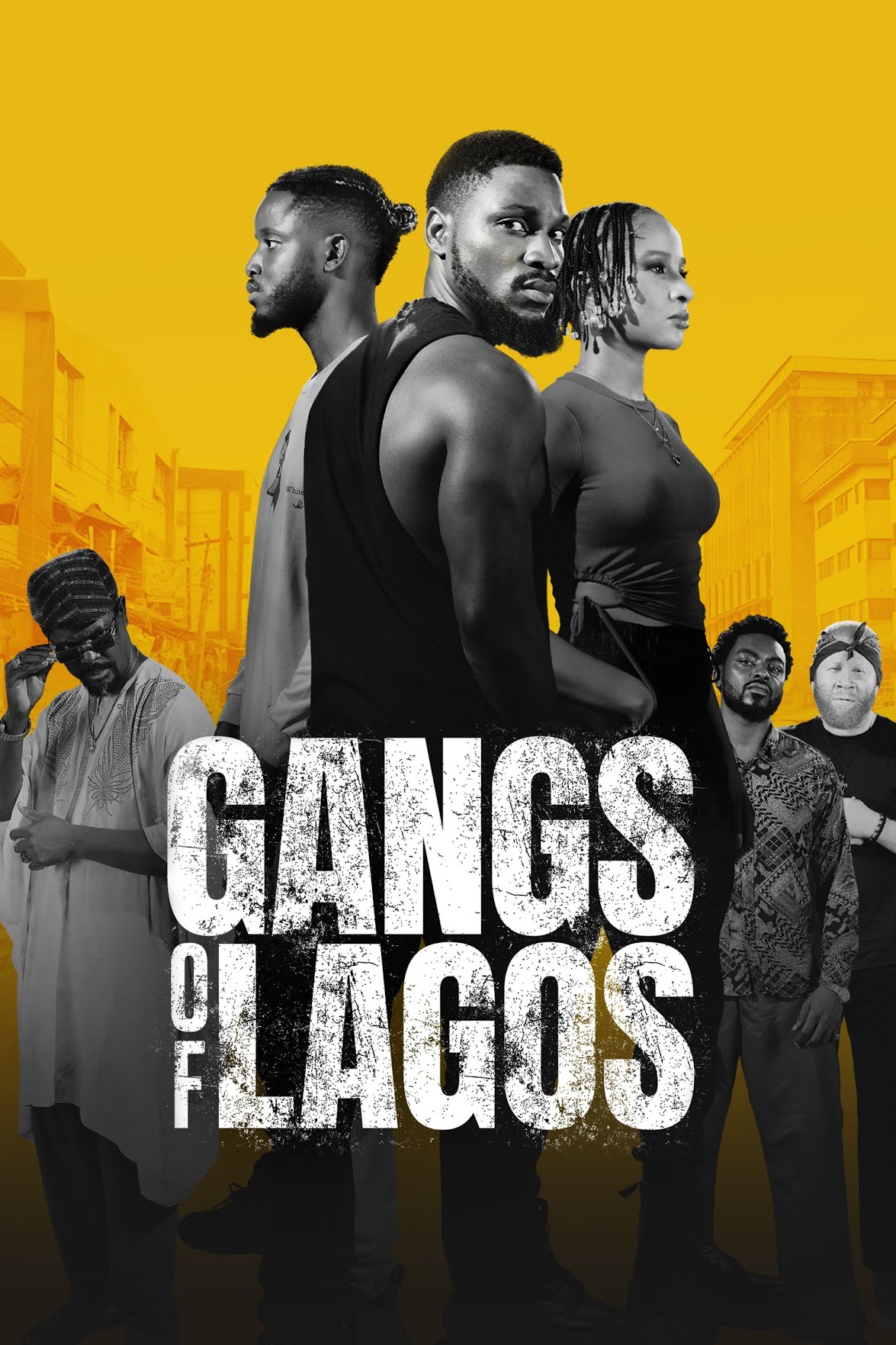Features
Adekusibe Ogunmokun: With “Gangs of Lagos,” Nollywood is Creating World-Class Films

The Nollywood audience has grown interested in quality action movies with settings produced with a mix of politics and gangsters. King of Boys was the first to break out in this trope and receive many accolades. We have also seen other movies like Brotherhood and Shanty Town with similar plot lines. The success of these movies further emphasises how the Nollywood audience enjoys action and political movies if made close to reality as possible. The latest addition to this trope is Gangs of Lagos.
Apart from the trailer revealing that it’s a movie about Nigerian gangsters and internal politics, there were many reasons for high expectations. The title, for instance, is a consideration. We have seen other popular international movies with similar titles – Gangs of New York and Gangs of London (an impressive series). What makes it even more spectacular is the producer, Jade Osiberu who is a fantastic and award-winning filmmaker. Jade has an impressive portfolio of top-quality movies, from Sugar Rush to Brotherhood to Isoken. We had no reason to expect anything less than quality. The cast also features talented actors like Tobi Bakre, Bimbo Ademoye, Debo Macaroni, and Adesua Etomi Wellington. The inclusion of singers like Chike, Zlatan Ibile and Alabi Pasuma also added spice. It is not the first time we will see famous rappers or musicians in a movie set; you’ll remember Reminisce and Illbliss‘s performances from King of Boys.
So, expectations were high. We saw the banners all over town and ads all over YouTube and Instagram. On April 7, we sat with popcorn, with our eyes fixed on our screens and hoped that expectations were met.
Gang of Lagos follows the story of Obalola, a young boy adopted by a man after his father is assassinated. Unfortunately, his new father is also killed in a gang-related feud. As a result, Oba and his two friends grow up to become tools in the hands of a notorious gang leader with selfish and political ambitions.
The first thing you notice is how real it feels — hawking in the street of Lagos, kids using knives to rob car owners and gang activities. These realistic scenes and events keep you glued for a good time. Those who grew up in that part of Lagos would watch young Oba and his friends and probably feel nostalgic. The movie can score high in terms of quality images, angles, shooting height, transition and the speed of actions. The cinematography gives us another insight into what has been lacking in most old Nollywood movies.
The storyline isn’t hard to follow — we have one main character, Obalola, and a couple of side characters who are gang leaders, each of them on a mission to either have an equivocal thirst for power or live a life they are proud of. Every part, gang or event is interconnected. This plot of the movie opens other segments which makes it no gainsaying that it can be further stretched into a series. Some of us would like to know what the future holds for Obalola. What happens to Teni? What becomes of baby Ify? Will Baby Ify have a similar story as Obalola?
One of the things the movie could have handled better is the treatment of some sequences of events and the performances of extra characters. For example, in one of the scenes, Gift (Adesua Etomi) changes clothes on her way to a mission. It is inferred in the conversation that she needs to change. Later, when she is in new clothes, it becomes a struggle to connect how this happened. The director has come out to clear the air, however, viewers think they deserve more explanation or a scene to understand better.
Impressively, Gangs of Lagos has some of Nollywood’s most interesting fight scenes, from the coordination and mannerisms to dialogues. Adesua Wellington and Tobi Bakre did excellently well.
The use of Eyo is absolutely a masterclass. Nothing says ‘this is Lagos’ more than an Eyo masquerade, but using that as a disguise for an assassin is pure genius. Could this be a theme? I wouldn’t be surprised if someone picks the idea and writes a killer who masquerades as an Eyo.
The movie won viewers’ hearts with casting. Repetition of casts has been one of the tiring things in Nollywood. You see actors appearing in five or ten highly anticipated movies, and you struggle to fit them into a role. In Gang of Lagos, the names are not-so-familiar actors, which brings that level of freshness that makes it enjoyable. Not one person among the main characters is a round peg in their square role. Adesua, Bimbo Ademoye, and Tobi Bakare are familiar names. However, Zlatan Ibile and Sanni Maleek of Ikorudu Boys are just debuting in Nollywood. Pasuma often plays and kills the role of Lagos street don and a true gang leader in every way you can describe it, though we have stopped seeing many of him in Nollywood until now.
Gang of Lagos is another look at a Nollywood trope that is receiving more attention today. It’s an impressive movie. It is one of those movies that makes you say, “Nollywood is getting closer to creating world-class films, even if it’s a tiny inch at a time.”





















